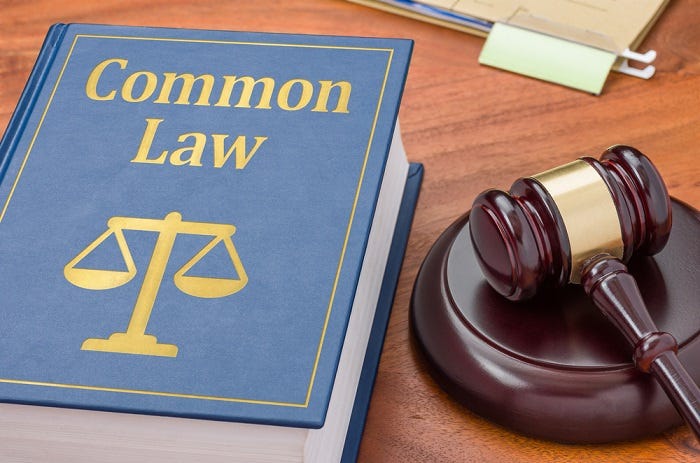Common law is a system of law that is based on precedent, or the decisions of judges in previous cases. It is also known as judge-made law or case law. Common law is the primary legal system in the United States, England, and many other countries around the world.
Common law is different from statutory law, which is law that is enacted by legislatures. Statutory law is the most important source of law in most countries, but common law is still important because it fills in the gaps in statutory law and provides a way to interpret and apply yesouisispace.com/ statutory law.
Common law is created when a judge decides a case and writes an opinion explaining the decision. The judge’s opinion becomes precedent, or binding authority, for other judges in future cases. This means that judges are generally required to follow the decisions of previous judges in similar cases.
The doctrine of precedent is important because it helps to ensure that the law is applied consistently and fairly. It also helps to develop the law over time, as judges adapt the law to reflect changes in society and technology.
Here are some examples of common law:
- The law of negligence, which sets out the rules governing liability for accidents caused by carelessness.
- The law of contracts, which sets out the rules governing the enforcement of agreements.
- The law of property, which sets out the rules governing the ownership and use of land and other property.
- The law of torts, which sets out the rules governing liability for civil wrongs, such as defamation and assault.
- The law of criminal procedure, which sets out the rules governing the investigation and prosecution of crimes.
Common law is a complex and ever-changing field of law. However, it is important to have a basic understanding of common law in order to understand your legal rights and obligations.
If you have any questions about common law, you should consult with an experienced attorney. An attorney can help you to understand the specific laws that apply to your situation and to protect your legal rights.

